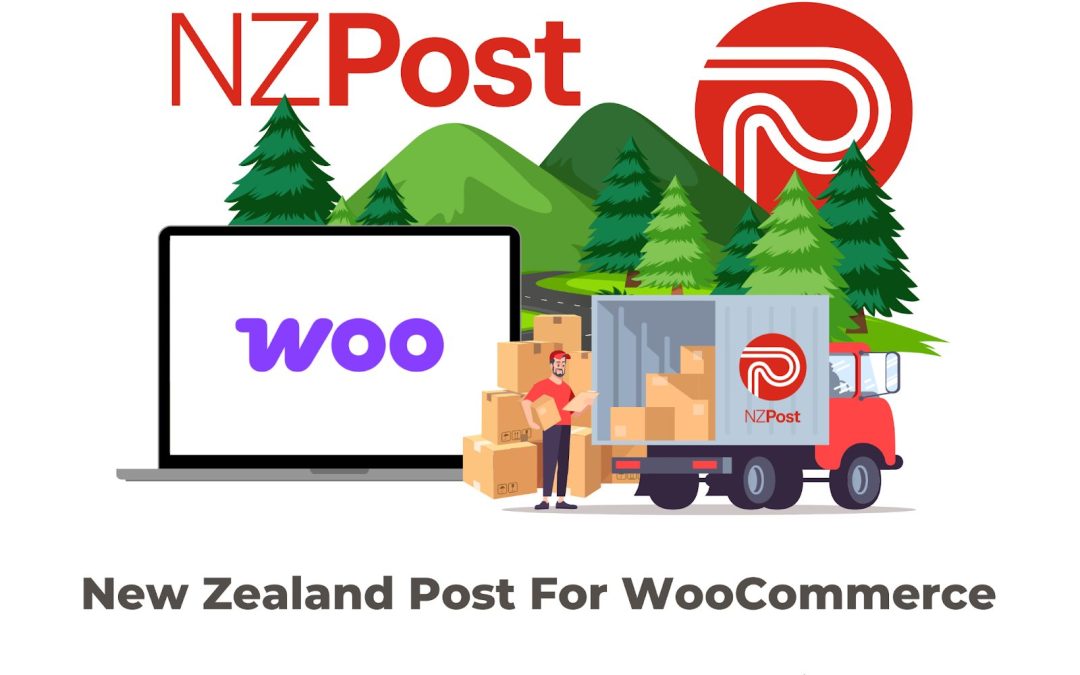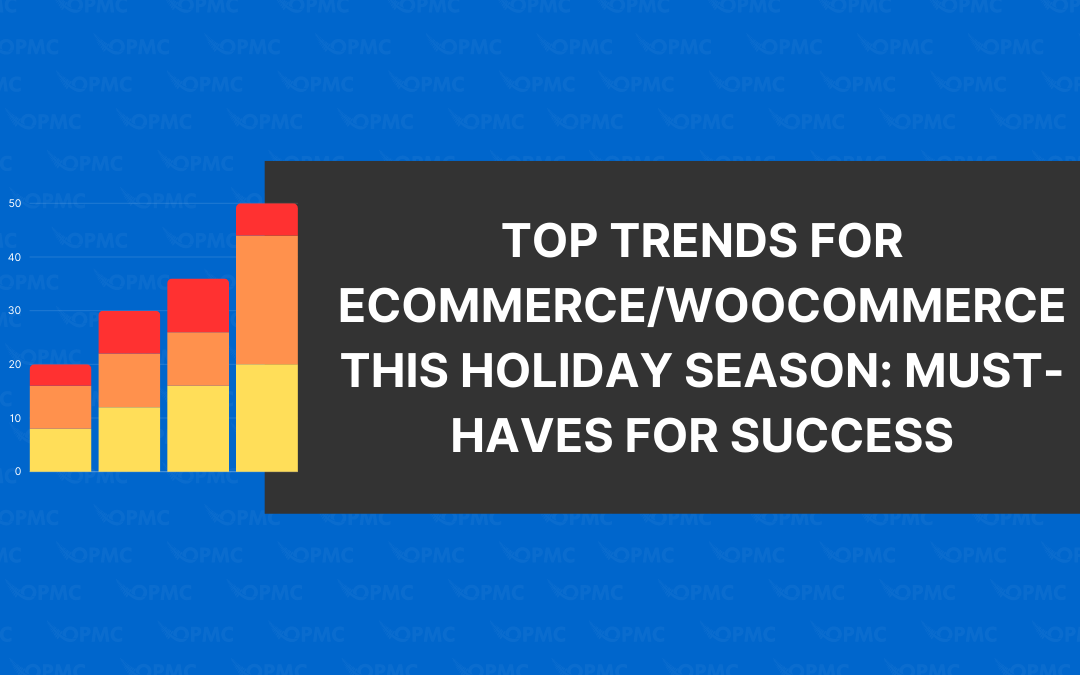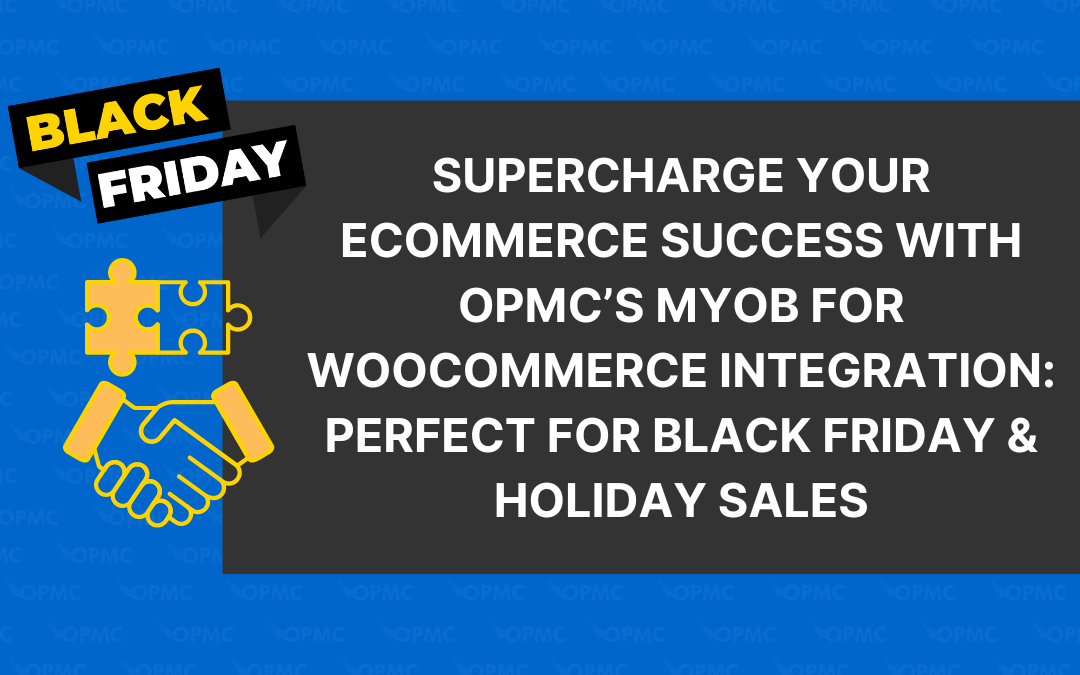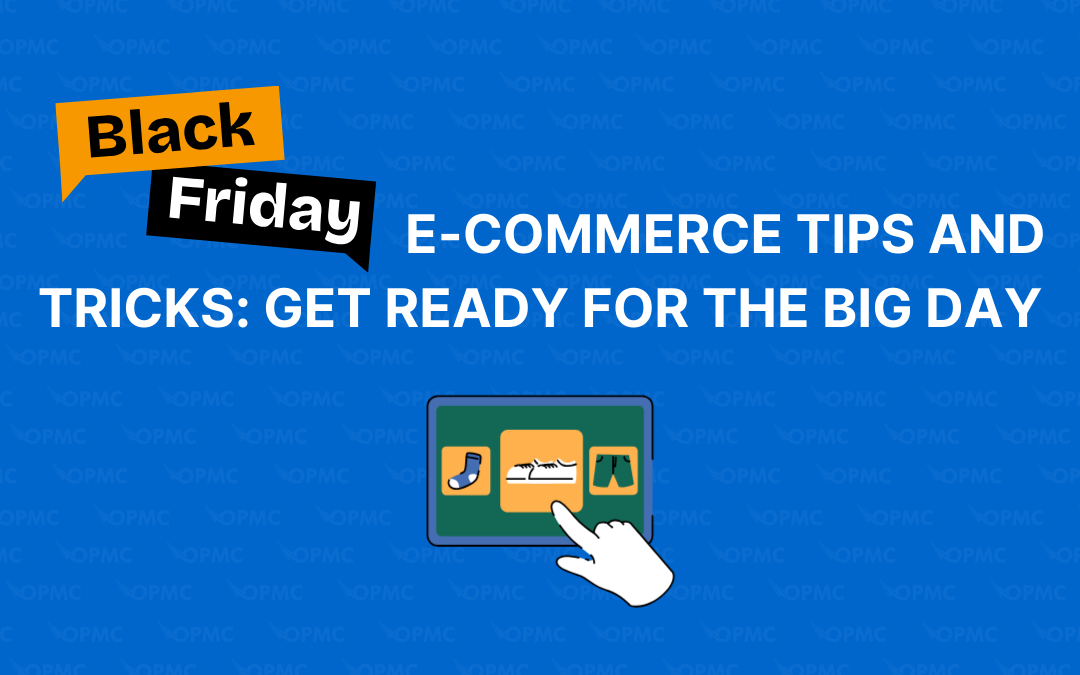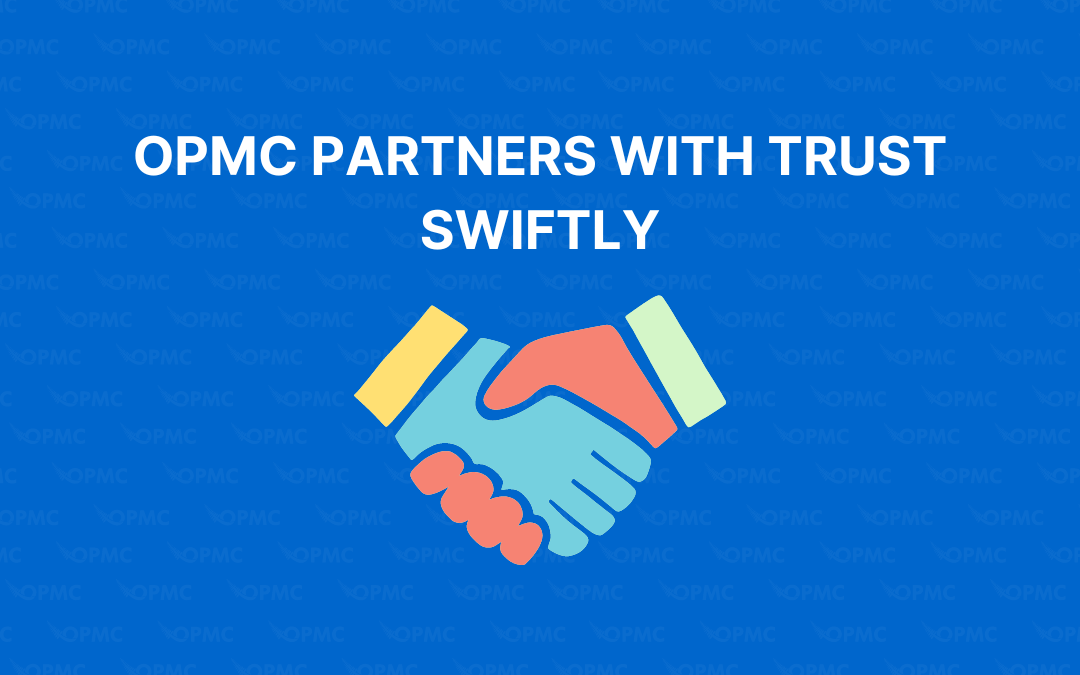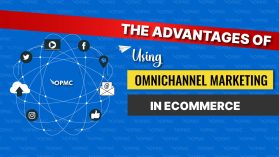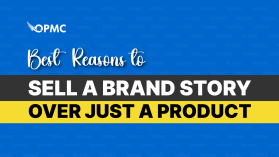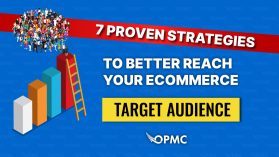Running a successful online business is like having a personal gold mine in your backyard. With a well-structured online business plan, you can better protect and ensure smooth operations for whatever may happen down the line.
Think about it. Ecommerce is everywhere. Massive businesses like Walmart, Target, and Home Depot all have ecommerce branches just as much as your next-door neighbour running a personalized cat clothing business out of their garage. Everyone wants in on this new money make, but if you don’t have a great plan in place, you are putting all your time, money, and effort at risk.
What is an Online Business Plan?
You would never try to build a house with a plan, right? The same is true for crafting, running, and growing an online business.
A business plan is a framework that holds the foundation of your ecommerce business together, ensuring you have a crystal-clear vision of where you’re headed and how you’ll get there. From WooCommerce to Shopify, irrespective of the platform, the magic really begins when you integrate a robust business plan into your daily operations.
Pro Tip: As you develop your business plan, be sure to think about automation at every stage. This will lower your operational expenses and give you more room to take a vacation while your business operates 24/7 in the background.
Why Do Online Stores Need to Worry About Customer Acquisition Cost?
Remember, there is no 100% cookie-cutter business plan. Each one will be unique to your business, needs, and resources. However, you can generally get the gist of your online business by following these key features:
• Executive Summary: This isn’t just an introduction. It’s your elevator pitch. The goal is to make your summary as concise, compelling, and easy to understand as possible by outline the who, what, why, how, and when of your company. Remember, a first impression matters!
• Company Description: Here is where you want the details. Go into the history of the company, how your ecommerce business will help solve customer pain points as well as the various missions, visions, and values of your team that will drive future growth. This section delves deep into your identity and branding.
• Market Analysis: You must understand your market landscape. This is a numbers-heavy section of an online business plan that outlines the opportunities and potential threats inside your given niche market. Be sure to include trends, competitor insights, and customer behaviours, ensuring you have a finger on the pulse of your industry.
• Organization and Management: This is simple. Give your readers a clear outline of who will be running your operation. Sometimes, investors like to see other potential partners and the money behind how you will build and solidify your percentage of the market.
• Service and Product Line: What makes you stand out in the vast ocean of ecommerce? This section highlights your unique offerings, from innovative products to specialized services. It’s your chance to showcase your USP (Unique Selling Proposition) and how it meets customer needs.
• Marketing and Sales: This is your playbook. It outlines how you’ll attract potential customers, retain existing ones, and ultimately drive sales. It’s all about creating a buzz around your online store, from digital campaigns to customer engagement strategies.
• Financial Projections: Sustainability is critical. By projecting your financial future, you ensure that your ecommerce business is not just a flash in the pan. It involves realistic forecasting of profits, losses, and potential growth, allowing you to plan strategically for the long haul.
• Funding Request: Sometimes, to elevate your venture, you need external financial aid. If you’re courting investors or seeking partnerships, this section lays out your needs clearly. It’s a transparent request, showcasing how funds will be used to catalyse growth and enhance operations.
Four Additional Parts People Forget
Before we move ahead, there are a few things many forget when crafting their business plan. Everyone gets so involved in the nitty-gritty details, that they need to remember the practical application of an online business structure. These items include:
1 – Leveraging Social Media:
We live in the age of digital dialogue, where conversations aren’t just one-on-one but one-to-millions. Social media isn’t just about posting. This is your best way to cultivate a community of engaged consumers. You want to do more than share product photos on Instagram or tweeting about offers. It’s a two-way street. Harnessing social media means listening to your audience, actively participating in conversations, and using these platforms to create genuine relationships. Integrating social media into your online business strategy not only drives traffic but builds community, brand loyalty, and amplifies your online presence.
2 – Focusing on Customer Support:
Remember, customers can’t physically interact with your products or in-store staff. That means you must find ways to grow virtual trust. One of the best ways to do this is with 24/7 live chat support. That way, every query resolved promptly, every feedback taken into account, and every positive interaction on platforms like WooCommerce or Shopify can convert a casual visitor into a loyal customer. For those looking to elevate this crucial aspect, the OPMC’s customer support plugin is a game-changer, ensuring every customer feels heard, valued, and catered to.
3 – Having a Universal Brand Identity:
Brand identity goes beyond just a logo or tagline. It’s the essence, the voice, the feel of your brand, consistently reflected across every touchpoint, from your website to your promotional material. In a world with innumerable online stores, what makes you distinct? A universal brand identity ensures that whether a customer interacts with your brand on Facebook, through an email, or on your online store, they get a consistent, familiar experience. It reinforces brand recall and fortifies customer trust. Remember, consistency breeds authenticity in the world of ecommerce.
4 – Finding Your Competitive Advantage:
If your online business plan doesn’t outline your competitive advantage, how will you stand out from the busy ecommerce crowd? Lean into what makes you unique and how you will drive customer traffic based on the factors no one else is selling.
How Will a Business Plan Increase Sales?
Why does a business plan matter to me? The answer lies in the statistics. A staggering 50% of new businesses succumb within five years. The culprit? A lack of a strategic business plan. Even more alarming, those without a plan face a 25% chance of folding within two years of startup.
The importance of planning isn’t just anecdotal. The Harvard Business Review found that entrepreneurs who commit to formal business plans are 16% more likely to realize their vision. Need more proof? Another study reveals that planners are 260% more likely to kickstart their dream venture than non-planners.
So, how does a business plan translate to boosted sales? Simple. It keeps you laser-focused on operations, allowing you to navigate challenges with finesse. When hurdles arise (and they will), your plan ensures you remain committed to customer satisfaction, service, and shaping your future business.
Conclusion
Sailing into the vast ocean of ecommerce without a compass, or worse, without a ship, is risky. But with a meticulous online business strategy in hand, you’re not just prepared – you’re several steps ahead. From enhancing customer service to achieving unmatched growth with platforms like WooCommerce using custom plugins, the world is yours to conquer.
Thinking of bolstering your ecommerce defenses? Need state-of-the-art fraud prevention plugins? Connect with OPMC today and take your online business to stratospheric heights. Set sail to success!
Visit our store today!
Get a powerful boost to your security, customer support, inventory management, and more…

